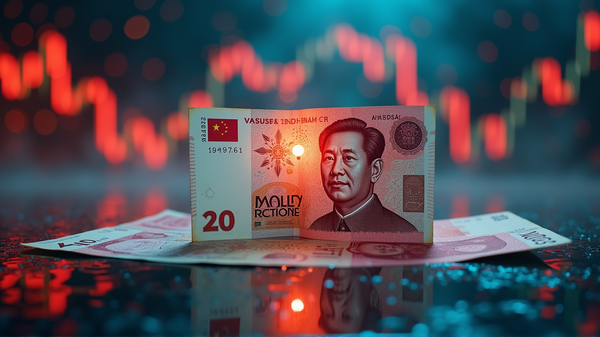MIGA Issues Record $6.4 Billion Guarantees in FY23
The Multilateral Investment Guarantee Agency (MIGA), a World Bank affiliate, set a historic benchmark by committing $6.4 billion in new guarantees for fiscal year 2023. Covering 40 projects across 29 countries, this record-setting guarantee surpasses all previous investments made in MIGA's 35-year lifespan.
MIGA's foundational purpose has been to boost cross-border investments in developing nations by extending guarantees to investors and financiers. Their latest figures show a robust commitment, with $5.7 billion of the financial backing gathered from private entities.
Highlighting their areas of focus, 27% of these guarantees backed projects in low-income nations, with 19% directed towards fragile states plagued by conflicts. Moreover, echoing global concerns, 28% of the investments were channeled towards climate change initiatives. These percentages signify MIGA's unwavering dedication to prioritized sectors.
Among the tangible outcomes expected from this fiscal year's guarantees are the integration of 40 million new users to the Internet, 55 million individuals gaining mobile network access, tax revenues projected at more than $128 million for the host countries, an employment surge with over 8,700 jobs, and an annual reduction of around 800,000 metric tons in CO2 emissions.
Hiroshi Matano, MIGA’s Executive Vice President, underscored the organization's relentless efforts to counteract global crises and tackle climate change threats. The Executive VP hailed the agency's success in raising unprecedented amounts of private capital for developing countries in alignment with their developmental aspirations.
Ukraine, amidst its ongoing crisis, witnessed MIGA's swift interventions. Collaborative endeavors with the European Bank for Reconstruction and Development were made to mitigate trade finance risks, ensuring essential supplies reached the strife-ridden nation. Furthermore, MIGA's Support for Ukraine’s Reconstruction and Economy (SURE) trust fund, fortified by contributions from Japan and the UK, is set to expand and offer more guarantees.
MIGA's climate portfolio experienced significant expansion, going from $5.3 billion in FY19 to a remarkable $8.4 billion by FY23's end. The agency championed 32 projects across 24 nations, effectively contributing $1.5 billion in climate-centric guarantees.
One monumental project, a partnership with a prominent investment firm, marked MIGA's first guarantee in Somalia for a solar hybrid power plant. Besides enhancing electricity access in a nation with less than half of its population connected to the grid, this project also stands as a beacon for private investment potentials in fragile states.
In Ethiopia, where internal conflicts persist, MIGA worked in tandem with the IFC to rollout 4G and 5G networks nationwide, further endorsing the importance of digitalization for societal progress.
In an era of dwindling global trade and heightened protectionism, MIGA took the pioneering step of introducing its maiden trade finance guarantee, emphasizing its future commitments.
Promotion of gender equality, economic recovery post the COVID-19 pandemic, and support for women-led businesses continued to be at the forefront of MIGA’s agenda.
Furthermore, MIGA's COVID-19 Response Fast-track Facility played a pivotal role, with guarantees worth $2.3 billion issued in FY23. Since the facility's inception, 49 projects in 66 nations have reaped the benefits of MIGA guarantees, which amounted to $9.9 billion.
Concluding its FY21-23 Strategy, MIGA’s 35th anniversary was marked with an impressive yearly average guarantee of over $5.5 billion.
MIGA, established in 1988, serves as an anchor for foreign direct investments in budding economies. With the mandate to cushion risks like expropriation and civil unrest, and by offering credit enhancement to private sectors, MIGA's legacy boasts of over $76 billion in guarantees, sponsoring more than 1,000 projects across 123 developing nations. Over the last decade alone, their initiatives have resulted in the creation of 156,000 jobs in these countries.




